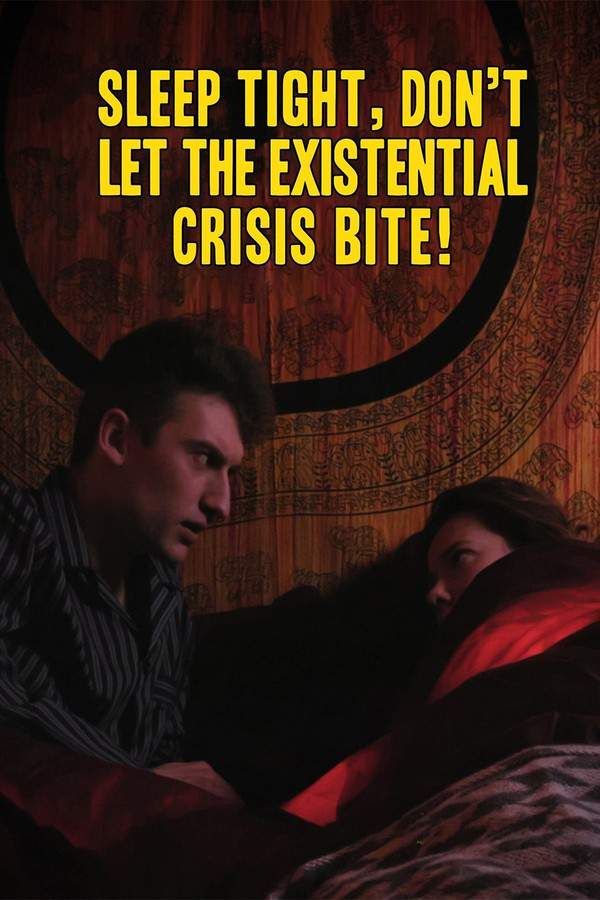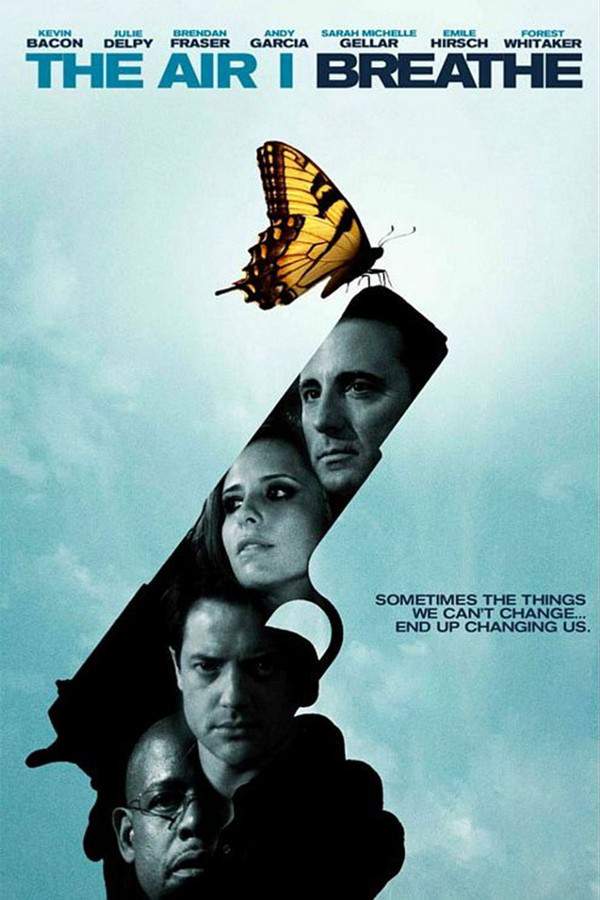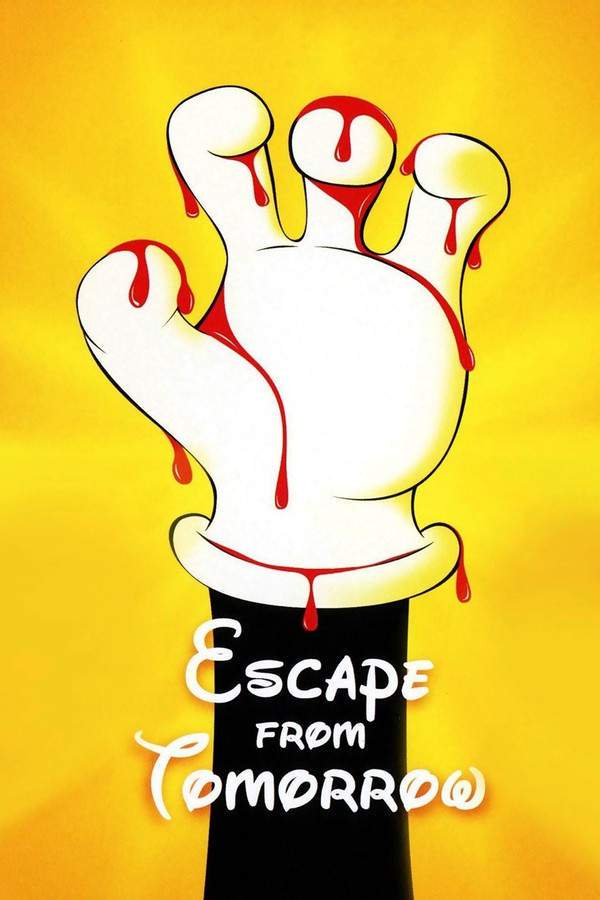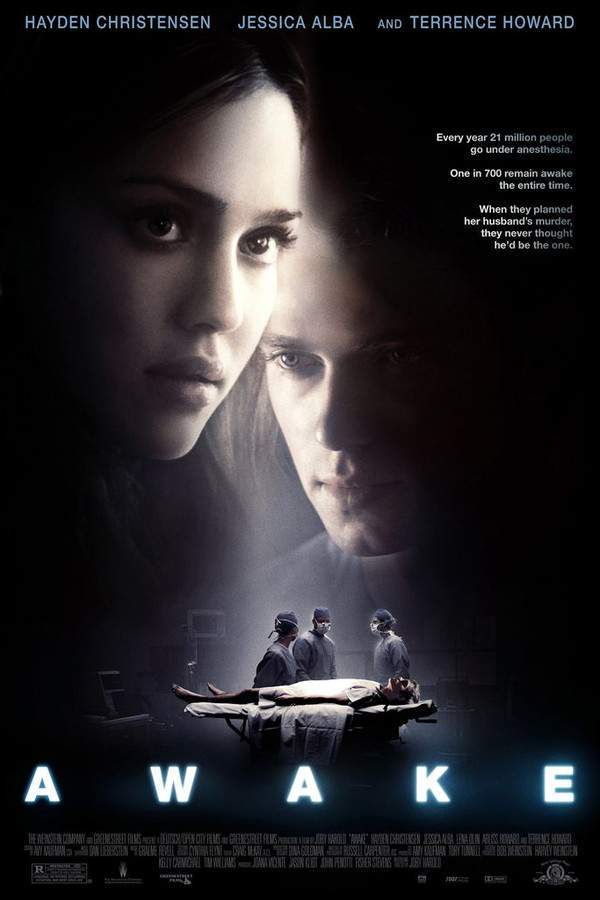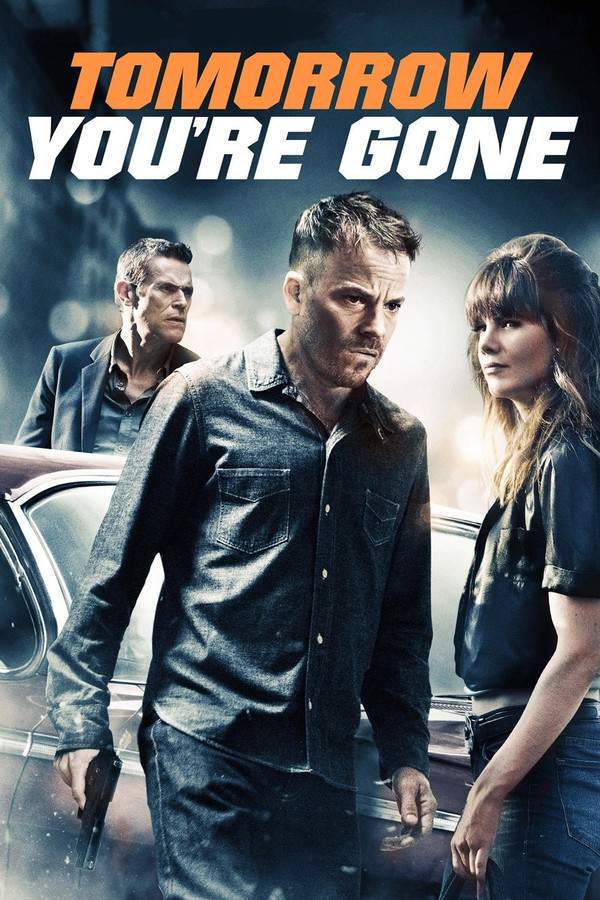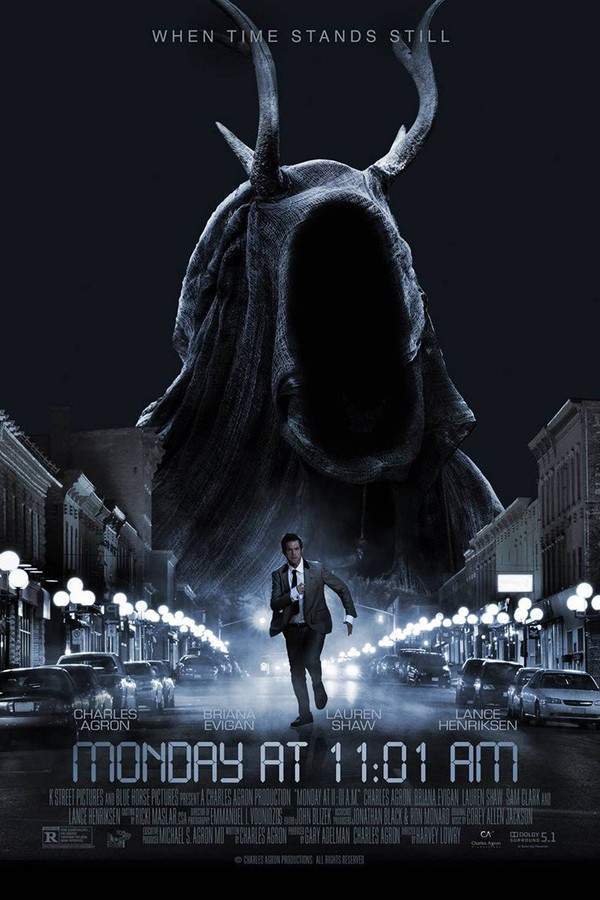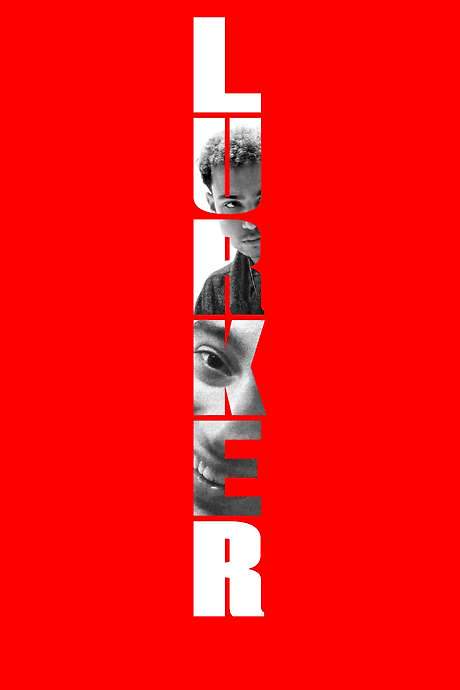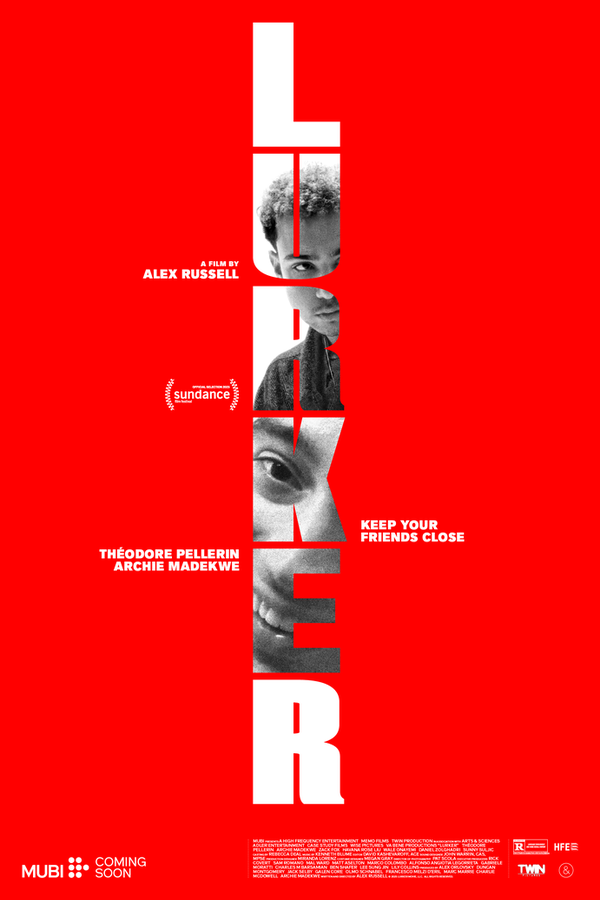Hurry Up Tomorrow 2025
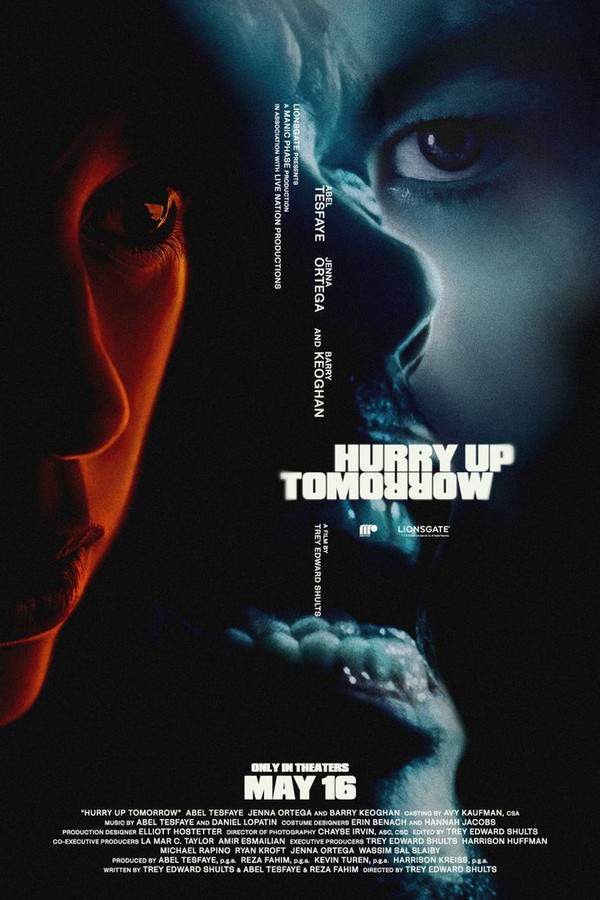
A musician struggling with insomnia finds his grasp on reality loosening. As his mental state deteriorates, he encounters the enigmatic Anima. His world becomes increasingly surreal, forcing him to question everything he thought he knew about himself.
Does Hurry Up Tomorrow have end credit scenes?
No!
Hurry Up Tomorrow does not have end credit scenes. You can leave when the credits roll.
Meet the Full Cast and Actors of Hurry Up Tomorrow
Explore the complete cast of Hurry Up Tomorrow, including both lead and supporting actors. Learn who plays each character, discover their past roles and achievements, and find out what makes this ensemble cast stand out in the world of film and television.

Barry Keoghan
Lee

Jenna Ortega
Anima

The Weeknd
The Weeknd

Riley Keough
Girl on Voicemail, Mother

Roman Mitichyan
Driver

Ash T
Doctor

Kiara Liz
Jessica

Paul L. Davis
Lavi

Sebastián Villalobos
Security

Ibrahim Ivan Troy Simonin
Child Abel

Olga Safari
Veronica

Michael Buhen
Tiki Bartender

Victoria McGrath
Pinkie

Roy Williams Jr.
Cop

Olivia Abreu
Club Goer

Scott Aschenbrenner
Red Hair Clown

Elizabeth Axe
Concert Fan

Jacob Benavides
Concert fan

Josh Bone
Concertgoer

DAnthony Boyd
Security Guard
External Links and Streaming Options
Discover where to watch Hurry Up Tomorrow online, including streaming platforms, rental options, and official sources. Compare reviews, ratings, and in-depth movie information across sites like IMDb, TMDb, Wikipedia or Rotten Tomatoes.
Ratings and Reviews for Hurry Up Tomorrow
See how Hurry Up Tomorrow is rated across major platforms like IMDb, Metacritic, and TMDb. Compare audience scores and critic reviews to understand where Hurry Up Tomorrow stands among top-rated movies in its genre.

The Movie Echo Score
Overall, Hurry Up Tomorrow is a visually arresting film that falters in narrative clarity and performance depth. Critics and viewers acknowledge its dynamic cinematography and compelling soundtrack, yet most agree that the story is disjointed and characters remain underdeveloped. While the immersive style engenders moments of fascination, the uneven pacing and derivative plot diminish engagement. The result is a polarizing work whose ambitious aesthetic vision is undercut by a lack of substantive storytelling, leaving an impression of unfulfilled promise.
The Movie Echo Score Breakdown for Hurry Up Tomorrow

Art & Craft
In terms of art and craft, Hurry Up Tomorrow delivers a bold visual palette and dynamic camera work. Reviewers note intense stylized compositions, inventive production design, and fluid editing that create an immersive atmosphere. At the same time, some find the aesthetic choices overwhelming or derivative of other music-driven films. Overall, the film’s artistry is its clearest asset.

Character & Emotion
When it comes to character and emotion, Hurry Up Tomorrow struggles with lead performances and depth. Abel Tesfaye’s screen presence is described as flat in emotional range, despite genuine moments of vulnerability. Jenna Ortega’s contributions offer some chemistry but fail to fully anchor the drama. Ultimately, the film’s character work undercuts its intended resonance.

Story & Flow
In terms of story and flow, the film is frequently labeled confusing and derivative. The nonlinear structure and abrupt pacing challenge audience engagement, leaving narrative threads underdeveloped. While certain sequences accumulate surreal intrigue, the overarching drama lacks cohesion and originality. As a result, the plot often feels like a sequence of stylized vignettes rather than a compelling, unified storyline.

Sensory Experience
When evaluating the sensory experience, Hurry Up Tomorrow excels in its audio-visual elements. The soundtrack, combining chart-topping tracks with atmospheric score, reinforces emotional beats, and the sound design punctuates dramatic moments with clarity. Visually, the film’s high-contrast lighting and bold color schemes are immersive. These elements coalesce to deliver a vivid sensory landscape despite narrative shortcomings.

Rewatch Factor
For rewatch factor, the film’s striking visuals and haunting soundtrack may draw repeat viewings among devoted fans. However, inconsistent pacing and a fragmented plot reduce its broader replay appeal. While some viewers might revisit particular sequences for stylistic innovation, the overall lack of narrative clarity and character depth limits its long-term staying power.

29
Metascore
3.8
User Score


14%
TOMATOMETER

61%
User Score

/10
IMDb Rating

53
%
User Score

1.8
From 316 fan ratings
Take the Ultimate Hurry Up Tomorrow Movie Quiz
Challenge your knowledge of Hurry Up Tomorrow with this fun and interactive movie quiz. Test yourself on key plot points, iconic characters, hidden details, and memorable moments to see how well you really know the film.
Hurry Up Tomorrow Quiz: Test your knowledge of the film 'Hurry Up Tomorrow' and its complex narrative around love, loss, and the impact of fame.
Who plays the lead role of Abel Tesfaye/The Weeknd?
Barry Keoghan
Riley Keough
Jenna Ortega
Abel Tesfaye/The Weeknd
Show hint
Full Plot Summary and Ending Explained for Hurry Up Tomorrow
Read the complete plot summary of Hurry Up Tomorrow, including all major events, twists, and the full ending explained in detail. Explore key characters, themes, hidden meanings, and everything you need to understand the story from beginning to end.
The film opens with a young woman’s voice, Riley Keough, leaving a voicemail for her ex-lover, expressing her hurt and disappointment, and indicating that she is moving on from the relationship.
Meanwhile, in Los Angeles, another young woman named Anima is seen engulfing her home in gasoline before igniting a blaze and fleeing the scene, desperate to evade being discovered. Anima ignores numerous messages from her mother as she makes her way to a concert, hiding from her past.
At the same time, music superstar Abel Tesfaye, known as The Weeknd, is preparing for a show, going through vocal warm-ups. He is visited by his manager Lee, who attempts to boost his confidence. Once on stage, Abel electrifies thousands of fans with his performance. Post-show, he indulges in a wild party with Lee and various groupies, all while being haunted by feelings of loss for his ex-girlfriend, the woman from the voicemail, which leads him into a spiral of sadness and depression.
As he gears up for a Halloween concert, Abel receives distressing news about being diagnosed with muscle tension dysphonia. This revelation, compounded by his regret for his ex, tempts him to cancel his performance. However, Lee manages to persuade him to go on, encouraging him to push through for both his fans and himself. The tension mounts when Anima appears in the crowd during the show. Just as Abel steps into his first song, his voice falters, and he abruptly walks offstage, unleashing a tirade of anger in a voicemail directed at his ex, as he feels their separation intensely.
Afterward, Anima finds Abel backstage and, despite the presence of security, they connect and end up sharing the night together, exploring the city, culminating in a trip to the Santa Monica Pier. In a moment of intimacy at his hotel, Abel plays a snippet of his latest track, “Wake Me Up.” It resonates deeply with Anima, who feels the song encapsulates her own experiences of loneliness and abandonment.
Abel’s night takes a turn as he experiences a vivid nightmare that confronts his childhood self amidst surreal visions. The following morning, as he prepares to return to his busy life of performances, he overhears Anima arguing with her mother about the recent fire she set. Just as Abel is ready to leave, Anima’s emotions erupt, and she tries to push him to be vulnerable with her. When he dismisses her, claiming she is merely a fan, she retaliates by striking him with a champagne bottle.
Abel wakes up, confused and restrained to the hotel bed. Anima begins to play his tracks, including “Blinding Lights” and “Gasoline,” hoping that their shared themes might coax him into revealing his feelings. However, Abel remains silent, believing he has nothing of significance to say. Their situation escalates when Lee, intoxicated, knocks on the door. Anima’s attempts to push him away devolve into a violent confrontation. In a desperate moment, she stabs Lee in the neck, leaving him to perish. Then, with a breakdown of her own, Anima attempts to douse Abel with gasoline, since he remains unresponsive. However, as Abel starts to sing a prolonged version of “Wake Me Up,” touching her inner turmoil, she allows him to go free and sets the room alight.
Emerging from the chaos, Abel walks to his next performance, evidently shaken. He finds himself in the green room, staring back at his reflection, grappling with the shadows of his experience and the trauma that now looms over him.
In this narrative, Abel Tesfaye/The Weeknd portrays a fictionalized version of himself as he navigates a tumultuous landscape of emotional strife regarding a lost relationship and the pressures of his musical career. His encounter with Anima, a fervent fan who intertwines her life with his, results in a dark and thrilling adventure that leads her to an extreme act when he cannot open up. Ultimately, after losing Lee to violent circumstances and facing the inferno of their shared experiences, Abel is propelled back into the spotlight, forever altered by the night’s events.
Uncover the Details: Timeline, Characters, Themes, and Beyond!

Coming soon on iOS and Android
The Plot Explained Mobile App
From blockbusters to hidden gems — dive into movie stories anytime, anywhere. Save your favorites, discover plots faster, and never miss a twist again.
Sign up to be the first to know when we launch. Your email stays private — always.
Watch Trailers, Clips & Behind-the-Scenes for Hurry Up Tomorrow
Watch official trailers, exclusive clips, cast interviews, and behind-the-scenes footage from Hurry Up Tomorrow. Dive deeper into the making of the film, its standout moments, and key production insights.
Hurry Up Tomorrow Themes and Keywords
Discover the central themes, ideas, and keywords that define the movie’s story, tone, and message. Analyze the film’s deeper meanings, genre influences, and recurring concepts.
Hurry Up Tomorrow Other Names and Titles
Explore the various alternative titles, translations, and other names used for Hurry Up Tomorrow across different regions and languages. Understand how the film is marketed and recognized worldwide.
Articles, Reviews & Explainers About Hurry Up Tomorrow
Stay updated on Hurry Up Tomorrow with in-depth articles, critical reviews, and ending explainers. Explore hidden meanings, major themes, and expert insights into the film’s story and impact.
Similar Movies To Hurry Up Tomorrow You Should Know About
Browse a curated list of movies similar in genre, tone, characters, or story structure. Discover new titles like the one you're watching, perfect for fans of related plots, vibes, or cinematic styles.
Quick Links: Summary, Cast, Ratings, More

What's After the Movie?
Not sure whether to stay after the credits? Find out!
Explore Our Movie Platform
New Movie Releases (2025)
Famous Movie Actors
Top Film Production Studios
Movie Plot Summaries & Endings
Major Movie Awards & Winners
Best Concert Films & Music Documentaries
Movie Collections and Curated Lists
© 2025 What's After the Movie. All rights reserved.















